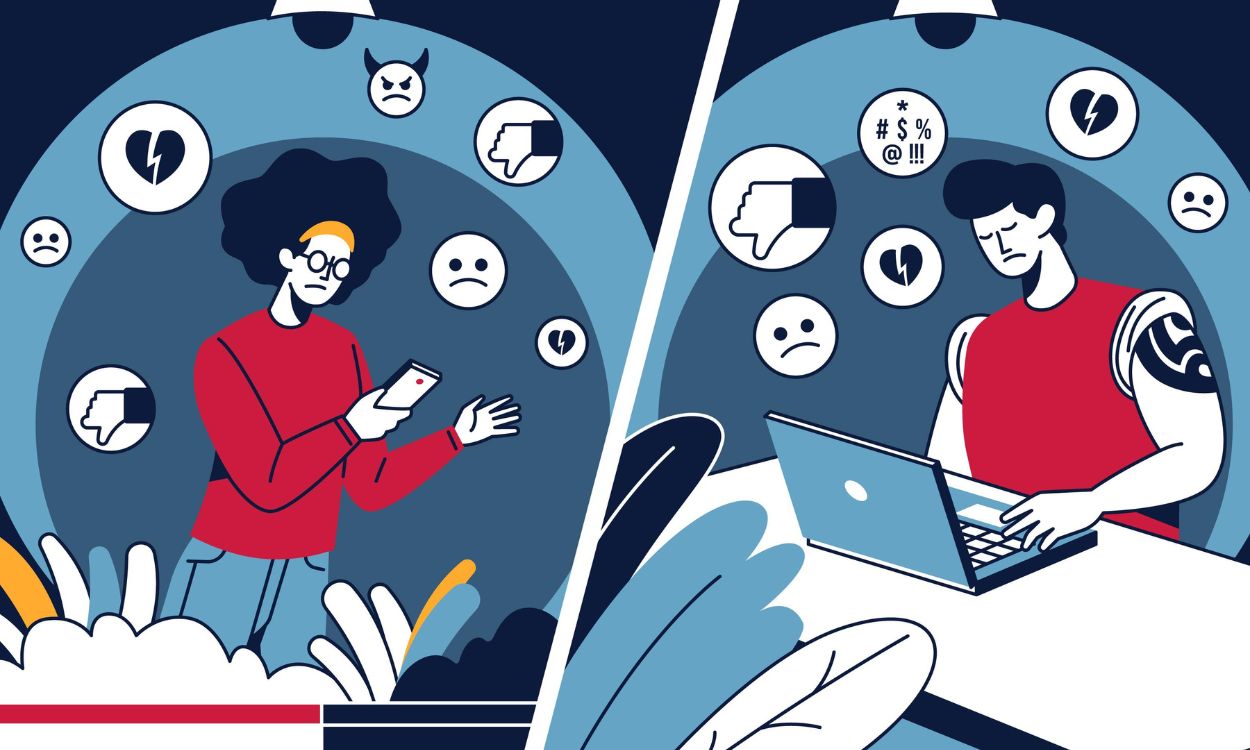Bipolar Disorder vs Borderline Personality Disorder: Understanding the Differences
Mental health is a crucial aspect of our overall well-being. However, it is often misunderstood and stigmatized. Two mental health conditions that are often confused with each other are bipolar disorder and borderline personality disorder. While both conditions share some similarities, they are distinct in their symptoms, causes, and treatment. In this article, we will explore the differences between bipolar disorder and borderline personality disorder.
Bipolar disorder is a mood disorder characterized by extreme mood swings, ranging from manic episodes to depressive episodes. Manic episodes are periods of elevated or irritable mood, increased energy, decreased need for sleep, racing thoughts, and impulsive behavior. Depressive episodes are periods of low mood, loss of interest in activities, fatigue, feelings of worthlessness, and suicidal thoughts. Bipolar disorder is believed to be caused by a combination of genetic, environmental, and neurochemical factors.
On the other hand, borderline personality disorder is a personality disorder characterized by unstable moods, behaviors, and relationships. People with borderline personality disorder often have intense and unstable relationships, fear of abandonment, impulsive behavior, self-harm, and suicidal thoughts. They may also experience dissociation, or feeling disconnected from their thoughts, feelings, and surroundings. Borderline personality disorder is believed to be caused by a combination of genetic, environmental, and social factors.
While both bipolar disorder and borderline personality disorder involve mood swings, the key difference is that bipolar disorder involves distinct episodes of mania and depression, while borderline personality disorder involves chronic instability in mood, behavior, and relationships. Additionally, bipolar disorder is typically treated with mood stabilizers, such as lithium or anticonvulsants, while borderline personality disorder is typically treated with psychotherapy, such as dialectical behavior therapy or cognitive-behavioral therapy.
If you or someone you know is struggling with bipolar disorder or borderline personality disorder, it is important to seek professional help. Fitpaa is here to help you achieve your mental health goals with guaranteed results. Our team of mental health professionals, including psychiatrists, psychologists, and therapists, can provide personalized treatment plans based on your unique needs and goals. With Fitpaa, you can achieve optimal mental health and well-being. Download the Fitpaa app today and take the first step towards a healthier, happier you.









